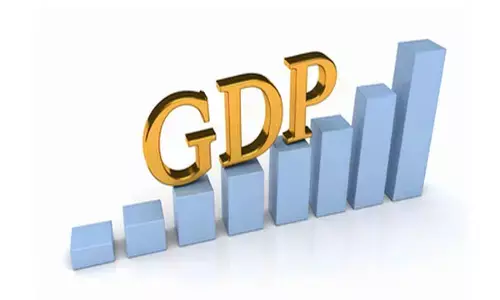People don't always love the do-gooders!

A recent study has concluded that people love to hate dogooders
Washington D.C. [USA]: A recent study has concluded that people love to hate do-gooders.
Researchers at the University of Guelph found that highly cooperative and generous people - especially in competitive circumstances - can attract hatred and social punishment.
"Most of the time we like the cooperators, the good guys. We like it when the bad guys get their comeuppance, and when non-cooperators are punished," said psychology professor Pat Barclay.
"But some of the time, cooperators are the ones that get punished. People will hate on the really good guys. This pattern has been found in every culture in which it has been looked at."
Some people like to bring cooperators down a peg, especially if they think the good guys make them look bad in the workplace, boardroom or other organisations, Barclay said.
It found that cooperative behaviour attracted punishment most often in groups whose members compete with each other. This was even the case when punishing or derogating the do-gooder lessened benefits for the entire group, including the punisher.
However, without competition, cooperation increased, the study said.
Being suspicious, jealous or hostile toward those who seem better or nicer or holier than us appears to run deep in the psychological makeup of humans, Barclay said.
"What we are looking for in this research is what the psychological mechanisms that play into this are," he added.
"Why are people built in such a way that they will react against that overly generous person, and want to bring down the person who appears too good?"
Anthropological evidence from egalitarian hunter-gatherer societies suggests a similar social phenomenon prevented excellent hunters from dominating the group, Barclay said.
"In a lot of these societies, they defend their equal status by bringing down somebody who could potentially lord things over everybody else," he said.
"You can imagine within an organisation today the attitude, 'Hey, you're working too hard and making the rest of us look bad.' In some organisations people are known for policing how hard others work, to make sure no one is raising the bar from what is expected."
The same social dynamic may affect actions to protect the environment, which requires acting both individually and cooperatively for the good of all, Barclay added.
People who do nothing for the environment risk damaging their reputation, and may instead choose to attack the motives of environmentalists, he said.
"It is a way of bringing those people back down, and stopping them from looking better than oneself in their attempts to protect the environment or address social inequality," Barclay said.
The study was published recently in Psychological Science.











